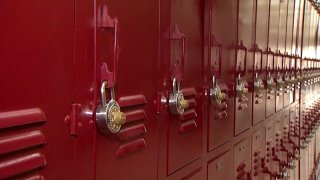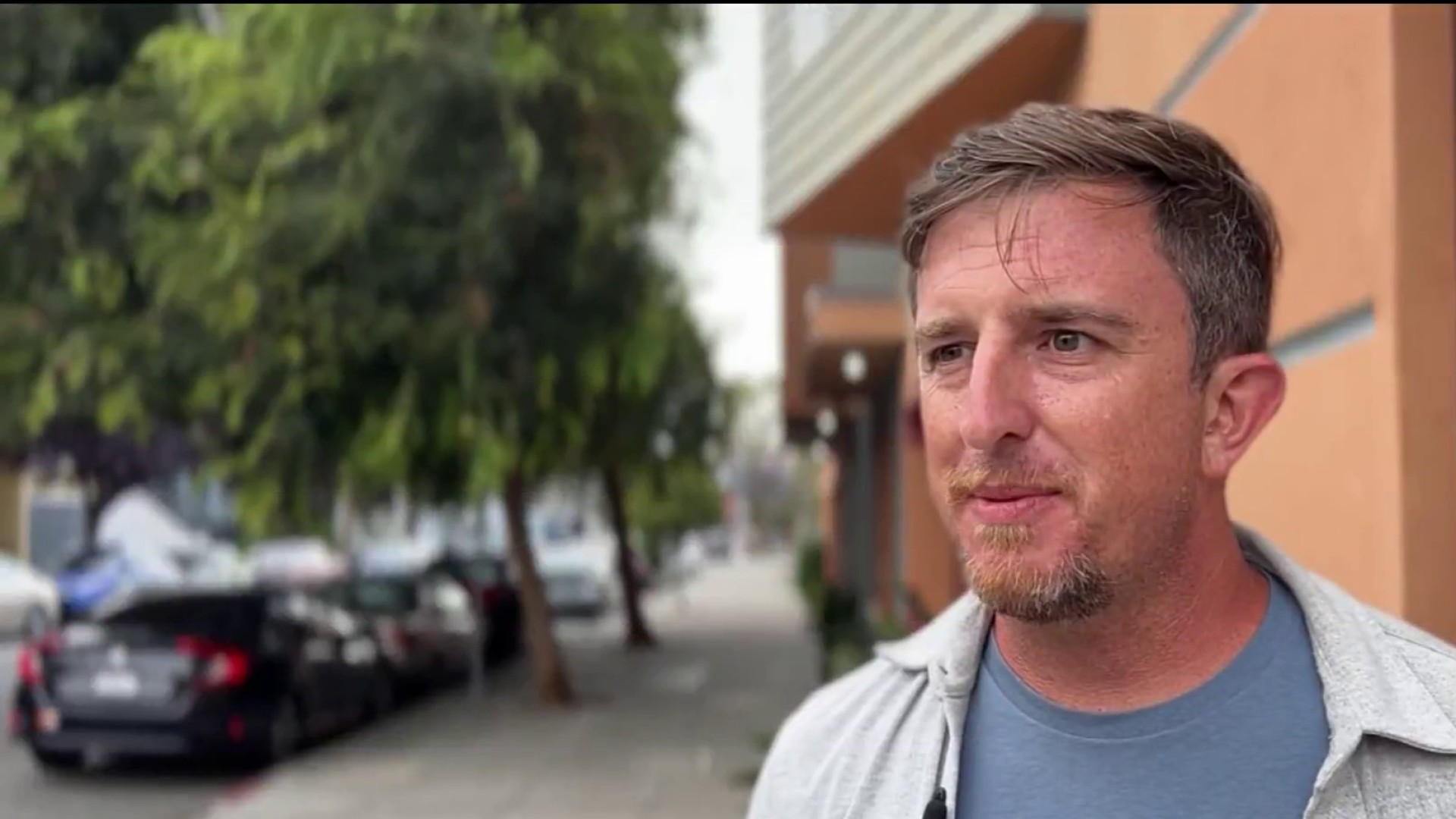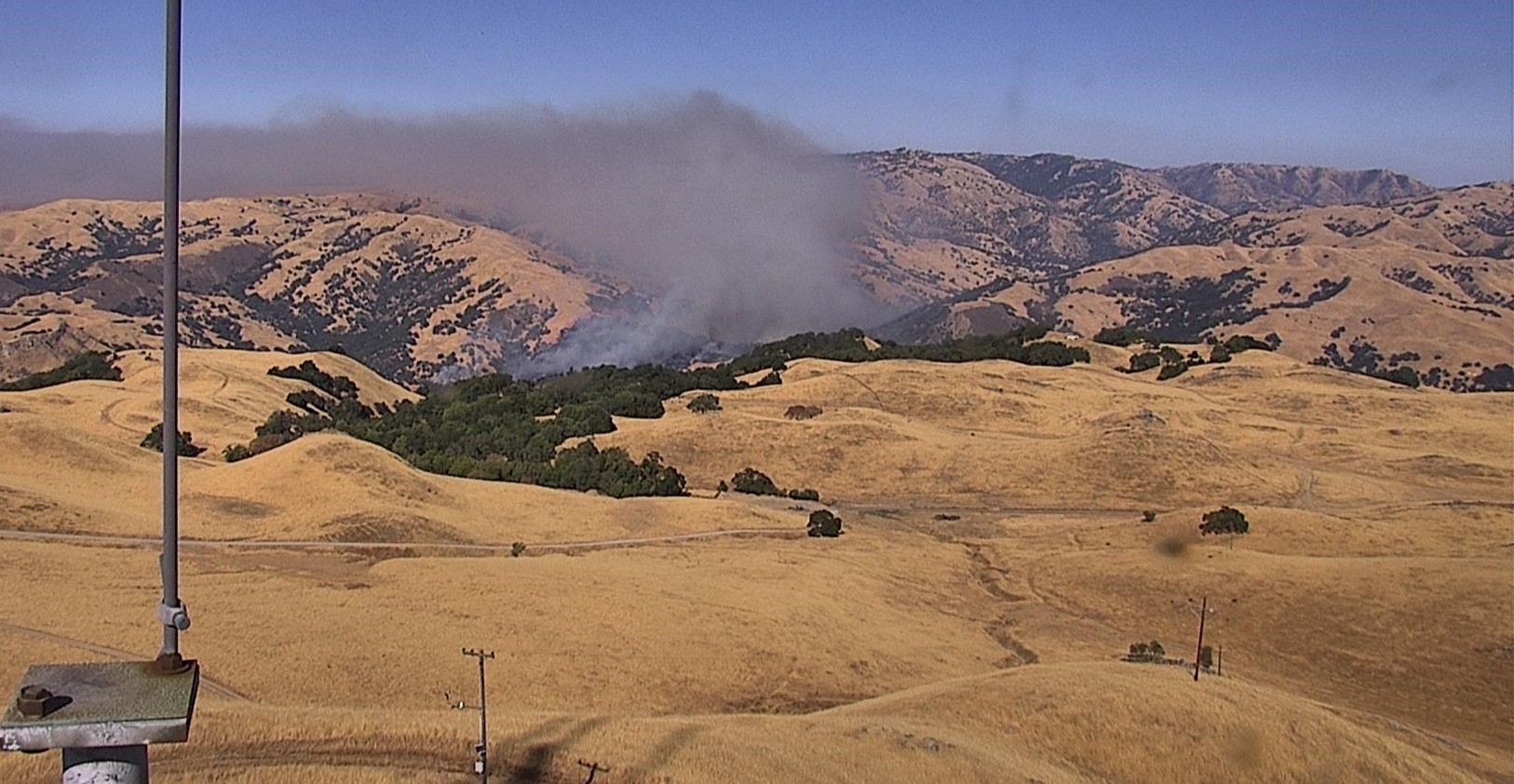
Onomastics is the study of the origin, history, and use of proper names. A lawsuit filed in San Francisco Superior Court on Thursday says the San Francisco Board of Education flunked the course.
At issue is the process the board followed in determining which San Francisco Unified School District schools bore the name of individuals who did not deserve to be so honored, whether because they were slaveowners, subjugated indigenous people, or were otherwise responsible for racist, sexist or other offensive conduct.
By resolution dated Jan. 26, 2021, the board voted 6-1 to adopt a report submitted by The School Names Committee, a so-called "blue-ribbon panel," that targeted the names of 44 district schools for removal, including those named after Abraham Lincoln (cruelty to indigenous people), George Washington (slaveowner), and Diane Feinstein (alleged support for the Confederate flag).
The board's action was widely criticized, coming at a time while district schools were closed because of the pandemic even though many independent schools in the city had reopened. Commentary in the national media mocked the decision as reflective of a school board more interested in "cancel culture" than in educating the district's 57,000 students.
The outcry was so loud that on Feb. 21, board president Gabriela Lopez -- then barely six weeks on the job -- admitted to mistakes in the process and pledged to suspend work on the renaming project until district students were back in in-person school.
While some thought her mea culpa ended the matter, a local lawyer representing several alumni associations and graduates of the affected schools demanded that the district rescind the resolution and dissolve the panel. When the district failed to respond, he filed a petition for a writ of mandate.
Lawyers for the petitioners include San Francisco attorneys Paul D. Scott and Lani Anne Remick, and also one of the legal profession's biggest hitters, Laurence Tribe, the Carl M. Loeb University Professor, Emeritus at Harvard Law School.
Local
Tribe's treatise American Constitutional Law is the single most cited legal text in American law since 1950, according to Tribe's biography on Harvard's website.
Tribe -- a veteran of more than 35 arguments in the U.S. Supreme Court -- graduated from Abraham Lincoln High School (at the age of 16) before going on to become a noted constitutional scholar and advocate.
329 medal events. 32 sports. Endless drama. Catch all the action at the Paris Olympics. Sign up for our free Olympics Headlines newsletter.
The petition alleged that "Petitioners will suffer irreparable harm, for the names of 44 schools will remain on an official public list that damages their reputations by characterizing their names as morally incompatible with San Francisco's values."
On the same day the petition was filed, Superior Court Judge Ethan Schulman issued an "Alternative Writ of Mandate" which directed the district to vacate the resolution and disband the panel or attend a hearing on May 6 to explain why it failed to do so.
An alternative writ is a court order that gives the respondent the choice of doing what the plaintiff requests or attending a hearing to prove that it should not be required to do so.
The basis for the petition was an alleged series of mistakes in the preparation of the report that formed the basis of the contested resolution. Among the alleged errors was that renaming panel was biased and its research slipshod.
For example, the petition alleges that the research relied on Wikipedia articles and casual commentary, not scholarly research. The petition notes archly that students are cautioned not to rely on Wikipedia in their school papers, yet that was the primary source for the panel's decisions.
The petition also alleges that the panel did not include any historians, because of the view that they were unnecessary to determinations being made.
A central contention was that the panel looked to see if the individuals could be pigeonholed into one of seven categories of offensive conduct and did not consider the historical context or whether the individuals had done other virtuous acts that outweighed their offensive views or conduct.
The petition alleges that the panel was biased and applied this approach selectively.
For example, when the question of whether Malcolm X Academy should be renamed because of his allegedly offensive words and actions with respect to women and Jews, the panel said his other accomplishments and work outweighed those views, yet it did not follow that standard when they considered Washington and Lincoln.
The suit also challenged the board's decision to adopt the panel's report. According to the filing, the board failed to comply with the open meeting law because the public notice of the meeting described the resolution as merely identifying schools for "potential renaming," not stating that the identified schools would lose their names, and further public input would be limited to new names.
The petitioners also alleged that alumni of the schools were purposely excluded from the panel's consideration of the names, even though alumni "manifestly represent by far the greatest number of people with a direct interest in the name of the school they attended."
One of the schools on the renaming list was Lowell High School because James Russell Lowell allegedly did not want Black individuals to be given the right to vote. According to the petition, the research leading to that conclusion was shoddy and scholarly work shows that Lowell was an abolitionist who supported extending the right to vote to former slaves.
In explaining the decision to seek the alternative writ, Scott stated, "If this case had followed the normal course, it would have taken weeks for the petition even to be processed by the clerk's office and then a further extended period for a motion to be set for hearing and heard. The School Board has been burying its head in the sand and ignoring our requests that they repeal the renaming resolution and dissolve the committee."
According to Scott, "Alternative writs of mandate are infrequently granted. An alternative writ of mandate can be issued when there is a risk of irreparable harm. We argued successfully that our situation was urgent."
The lawsuit joins a pending and a threatened lawsuit that are also causing headaches for the board. In the pending action, City Attorney Dennis Herrera is leading a team of city lawyers seeking to force the board to reopen the shuttered city schools.
In the other matter, the board has been threatened with suit because of its decision to change Lowell from a selective admissions school, where admissions are determined by academic achievement as reflected in grades and test scores, to a lottery admissions school where all district students are eligible to attend if selected randomly.
The district has not publicly stated whether it will rescind the contested renaming resolution and dissolve the naming committee or appear at the May 6 hearing to contest the petition.



